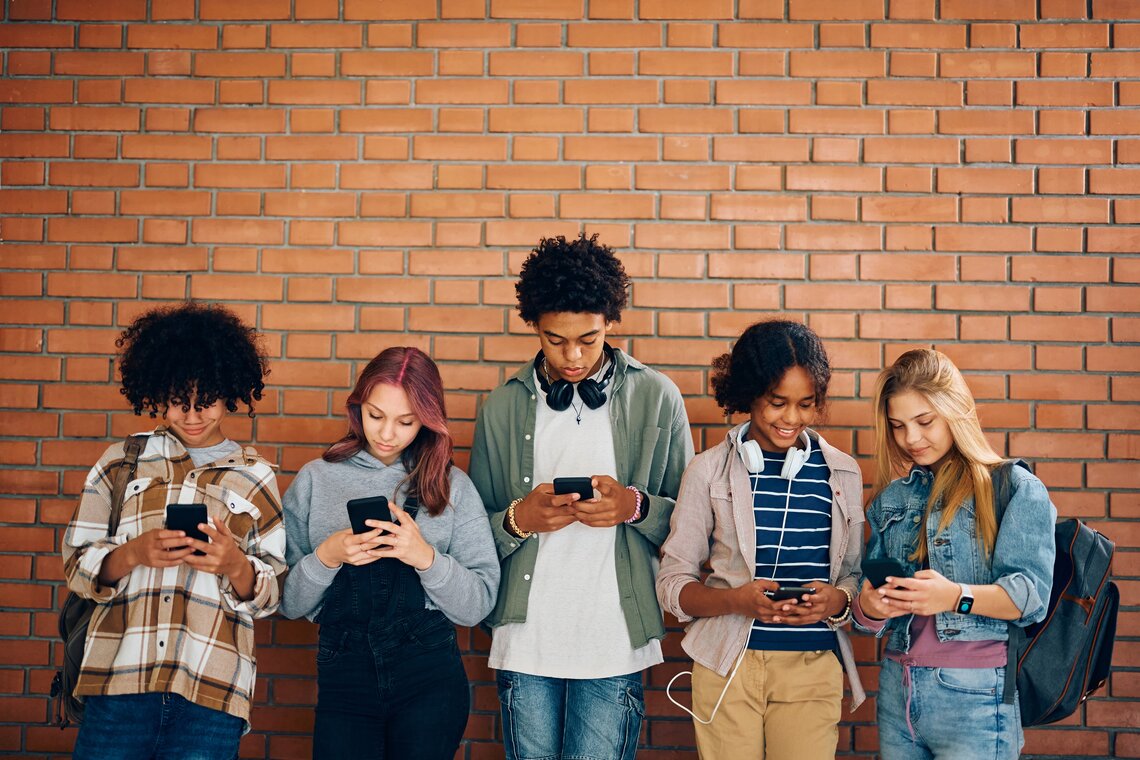Social media ban for under 16s?

In the current debate about the use of social media platforms by young people, a dangerous trend seems to be emerging: instead of holding the actual perpetrators of manipulation and disinformation to account, it is the potential victims, i.e. young users, who are being targeted by political attempts at regulation. But is this really the right approach?
Who is responsible, the platform or the users?
It is remarkable that it is not the platform operators who are being held accountable, as they use their algorithms to attract attention, influence consumer behavior and even shape political opinions. Instead, young people are to be protected by bans, i.e. those who are already under the influence of these structures. This shift in responsibility is unfair and also ineffective, because it targets the symptom, not the cause.
If this logic is followed consistently, not only would access to platforms have to be banned, but any form of advertising that uses the same manipulative mechanisms would also have to be prohibited. Why should adults be allowed to be manipulated by algorithms while young people are denied access, yet it is precisely these adults who inevitably pass on their imprints to the next generation?
The contradiction of the ban culture
The call for bans raises many questions: Should young people also no longer be allowed to watch reality shows such as Germany's Next Top Model, which reproduce body images and role clichés? That would be consistent. Are they not allowed to have conversations with their peers about content that they are no longer allowed to consume on social networks? Are they allowed to vote at 16, but only get their information from traditional media?
These kinds of restrictions would exclude young people from a significant part of the social discourse. Digital media in particular offer the opportunity for participation, exchange, education and therefore also democratic participation. Traditional media, on the other hand, often remain one-sided: there is a lack of interactivity, dialog and the opportunity to get involved.
Media literacy instead of a media ban
Instead of taking the supposedly easy route of banning media, we should take the more arduous but more sensible route: education, training and democratic control of platforms. Media literacy must become a compulsory subject at school. The reflective use of social media should also be systematically promoted during training and studies.
At the same time, political solutions are needed: Why are there no public social networks in Europe? Why is there a reluctance to consistently hold international platforms to account? The fear of regulating large companies such as Meta or TikTok must not lead us to deny young people access to the digital world.
Democracy needs digital participation
We are faced with a fundamental decision: Do we want to disempower young people and deny them access to the digital public sphere through bans? Or do we want to empower them to be self-determined, critical and active in this world? The latter requires more courage, more education and more political responsibility. But it is the only path worthy of a democratic society.
Thoughts from Niko Fostiropoulos, Managing Director of the education company alfatraining.
21.07.2025
More articles by the author:
Handyverbot an Schulen – Eine Nebelkerze konservativer Bildungspolitik
19.06.2025
Die Dummheit der Hilflosen: Warum ein Handyverbot an Schulen falsch ist.
25.03.2025
We will gladly advise you free of charge.
0800 3456-500 Mon. - Fri. from 8 am to 5 pmfree of charge from all German networks.